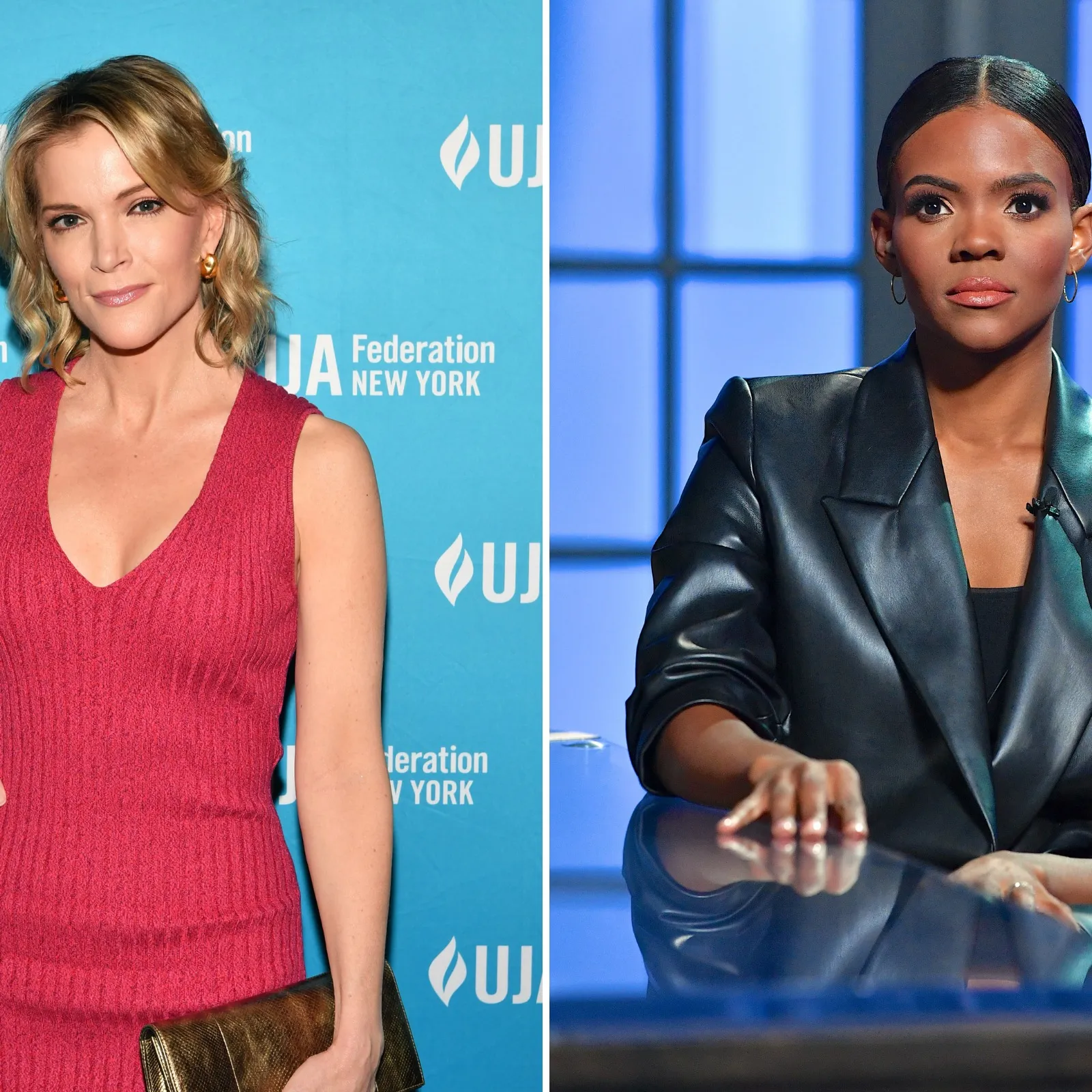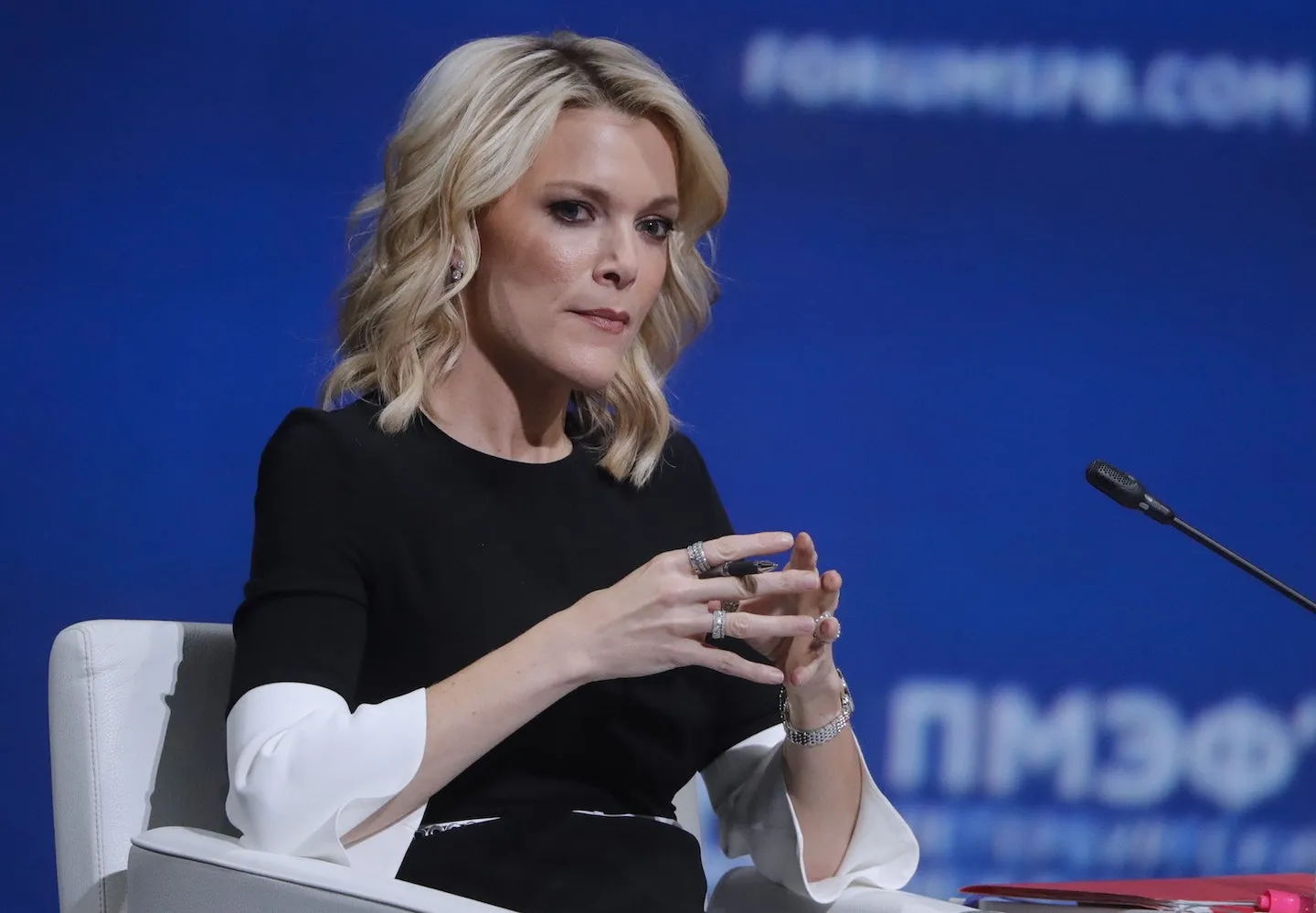The exchange between Candace Owens and Megyn Kelly highlights ongoing discussions about celebrity influence and the dynamics of public discourse. Owens, known for her outspoken views, criticized Kelly’s perceived lack of influence, suggesting that if she can’t galvanize a boycott against something as trivial as “moldy bread,” her impact on larger cultural phenomena, like the actions of Taylor Swift, is questionable.

This comment reflects a broader critique of how influential figures navigate their platforms. Celebrities like Taylor Swift hold significant sway over public opinion and consumer behavior, particularly among younger audiences. Swift’s activism, particularly on issues like LGBTQ+ rights and political engagement, has inspired her fans to take action, making her a powerful figure in contemporary culture. In contrast, Owens and Kelly represent different facets of political commentary, often sparking debates about the effectiveness of their influence and the causes they champion.

Owens’ assertion may resonate with some who view celebrity activism as performative or lacking genuine impact. Critics of celebrity influence often argue that while stars can raise awareness, they may struggle to mobilize substantial action, especially when it comes to boycotts or substantial societal change. On the other hand, supporters of celebrity activism argue that figures like Swift can amplify critical issues and encourage engagement among their fan base, regardless of the actual outcomes of specific campaigns.

Ultimately, this exchange underscores the complexity of influence in today’s media landscape. It raises important questions about who gets to be considered influential, the nature of that influence, and how it is wielded in the context of social and political issues. The contrasting styles and approaches of figures like Owens and Kelly contribute to an ongoing dialogue about the role of media personalities in shaping public opinion and action.
The recent comments by Candace Owens criticizing Megyn Kelly for her lack of influence raise important questions about the nature of celebrity, public discourse, and activism in contemporary society. Owens’ remark, suggesting that Kelly couldn’t initiate a boycott even against something as trivial as “moldy bread,” serves as a sharp critique of Kelly’s effectiveness in shaping public opinion, particularly when contrasted with the substantial cultural influence wielded by celebrities like Taylor Swift.
Understanding Celebrity Influence
Celebrities have long played a pivotal role in shaping public opinion, particularly in the realms of politics, social justice, and cultural issues. Taylor Swift, for example, has utilized her platform to advocate for various causes, including LGBTQ+ rights and voter registration. Her ability to mobilize fans—often referred to as “Swifties”—demonstrates the profound impact that celebrity advocacy can have on societal issues. This kind of influence is not merely about raising awareness; it can translate into tangible actions, such as increased voter turnout or donations to charitable causes.
In contrast, Owens and Kelly occupy different spaces within the media landscape, each with their own styles and audiences. Owens, known for her provocative rhetoric and often controversial opinions, has established herself as a significant voice on the political right. Her criticisms of other media figures, including Kelly, underscore the competitive nature of media influence, where personalities often vie for attention and relevance. Owens’ critique suggests that she views Kelly as out of touch with contemporary cultural movements, which may resonate with her own audience who favor a more combative approach to public discourse.
The Nature of Activism and Boycotts
The discussion of whether Kelly has the influence to initiate a boycott against Taylor Swift or any significant cultural phenomenon speaks to the nature of activism in the modern era. Boycotts have historically been powerful tools for social change, but their effectiveness often hinges on the ability to galvanize a large audience. Celebrities like Swift can leverage their platforms to encourage collective action, making them formidable figures in any boycott-related effort.
Owens’ comments imply skepticism about the ability of traditiona